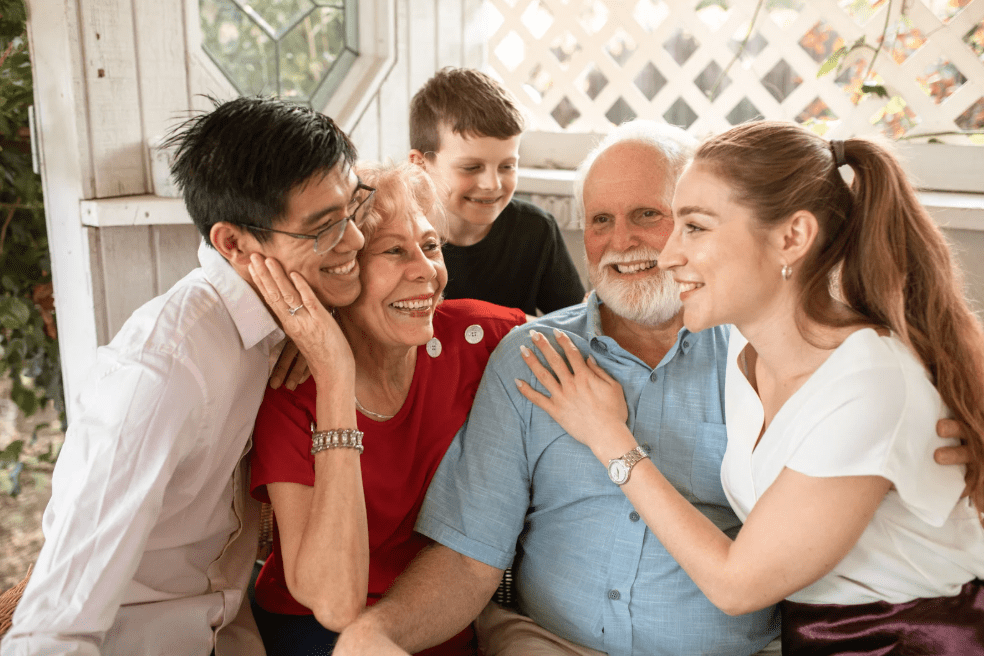Table Of Contents
As you probably know, the VA will pay a higher level of compensation to veterans with disabilities that are directly related to service-connected disabilities. So, for example, if a veteran has a service-connected back injury, the veteran is also entitled to service connection for radiculopathy in his legs if he has that condition and it is related to the back injury. This is true even though the radiculopathy isn’t directly related to service. This is called “secondary” service connection, and it is VA’s way of recognizing that service-related injuries can cause a lot of other problems.
Many times, physical injuries have a psychological side effect. For example, a person with a serious heart condition may suffer from severe anxiety over the constant fear of having a heart attack. Or a person with a back condition may become severely depressed because he can’t participate in the same activities he did before the back injury. In these cases, it makes sense for the veteran to file a claim for the psychological condition as secondary to the physical condition.
Recently, a veteran asked me about conditions that could be secondary to psychological conditions. I see a lot of instances where a veteran suffering from PTSD has another psychological condition, such as anxiety. (Note that the VA will not pay a veteran for more than one psychological condition.) Some veterans with PTSD self-medicate with alcohol or other substances, so PTSD can certainly lead to substance abuse issues. But the client wanted to know if PTSD could cause physical injuries. I did some research on my own, and I have come to the conclusion that the answer to this question is yes. I saw conditions such as hypertension, coronary heart disease, chronic pain, and asthma being linked to PTSD. I also saw suggestions that PTSD could aggravate preexisting physical conditions.
Nevertheless, attempting to prove that a physical condition is related to PTSD (or any psychological condition) will not always be easy. In most cases, veterans will still need to get a medical opinion (either from a VA doctor or a private specialist) that links the physical injury directly to PTSD. However, if you believe a physical injury is caused by (or being aggravated by) PTSD, it may at least be worth asking our doctor what he or she thinks. A secondary service connection claim may be viable.
Learn More About PTSD
See our Veterans’ PTSD Resources page.
Uncertain Whether Your Disability Qualifies You for VA Benefits?
Veterans Help Group veterans disability advocate keep ourselves up to date on the rules governing VA disability claims so that we can help our clients properly document and prove their service-related disabilities. If you are uncertain whether your disability qualifies, we’re happy to speak with you about your symptoms and the possible success of your claim. You may call us at (855) 855-8992 or complete our free evaluation form.

Veterans Help Group Serving Our Community
Veterans Help Group Serving Our Community By Bobbi Boudi, Director of Community Outreach & Amy...

How Much Back Pay Will You Receive?
What is VA Disability Back Pay? VA disability back pay is payment for benefits the veteran was...

Your Guide to VA Ratings: Sleep Apnea
Your Guide to VA Ratings: Sleep Apnea Sleep apnea can be a serious condition that may impact...





